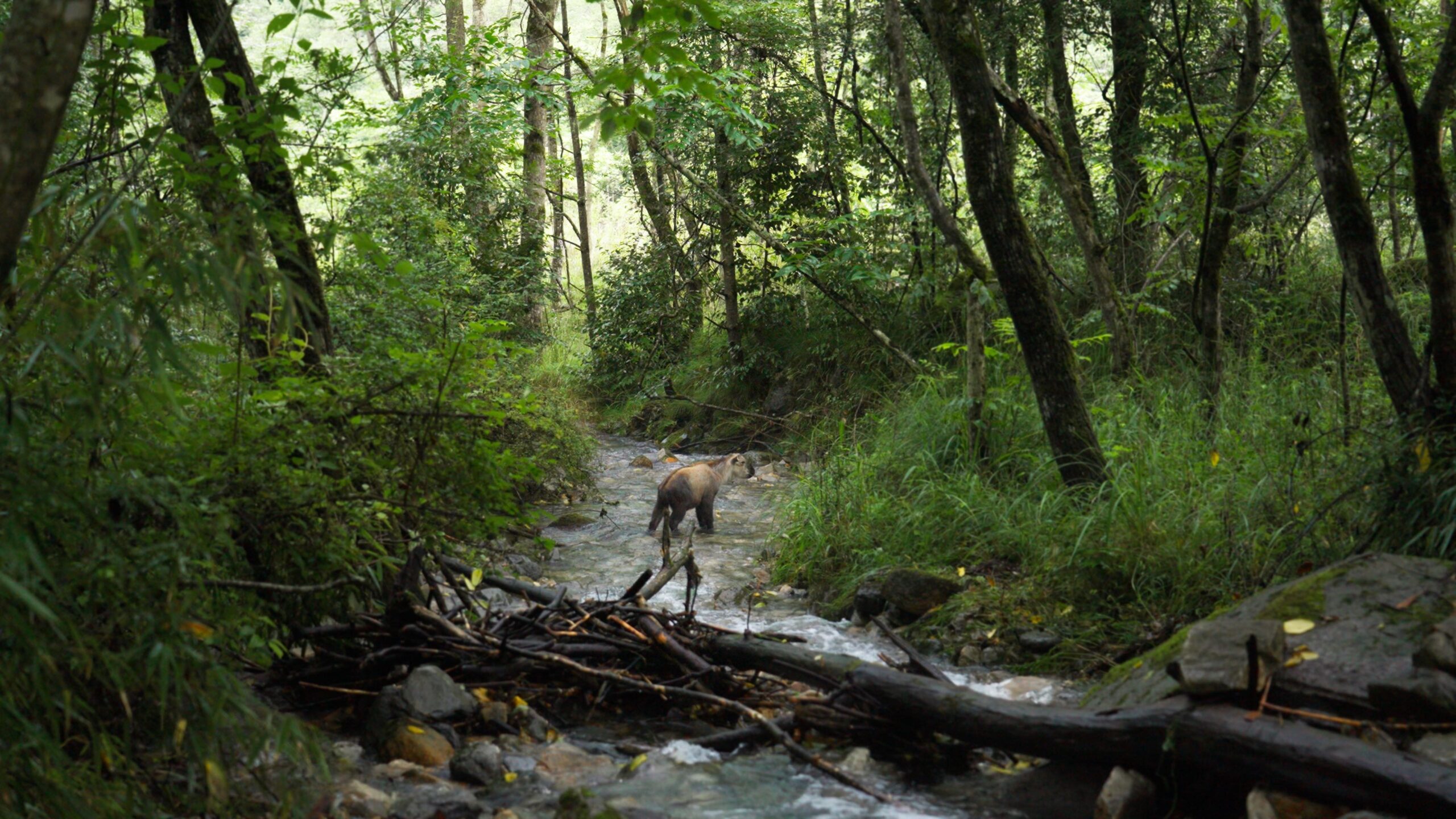
Once an abandoned takin, it’s rescued by ranger Gan and raised by humans—only to face the wild. Once a left-behind child, Gan becomes a father, mending his family’s broken ties.
In the mist-shrouded mountains of Sichuan, China, ranger Mingdong Gan guards more than endangered wildlife—he tends to the scars of absence. Once a left-behind child raised by his grandparents in these very mountains, Gan now confronts a legacy of separation. As a father, he is determined to break the cycle, learning to offer his children the rooted love and stability he never had.
When Gan rescues an orphaned takin—trapped in a tree and abandoned by its herd—their growing bond becomes a mirror: two beings navigating belonging, dependence, and the peril of release. Can the takin survive without humans? Conservation scientist Dr. Wang Dezhi sharpens the ethical dilemma: is rescuing a wild animal an act of compassion, or a form of interference?
At home, Gan wrestles with the weight of his past, struggling to balance work and fatherhood—his love sometimes masked by distance and severity. Around him, Laohegou breathes with fragile renewal: adaptive beekeepers, former poachers turned protectors—each life a thread in the reserve’s healing tapestry.
Gan’s journey pulses at its heart: a man straddling wildness and nurture, memory and fatherhood. To truly protect what he loves, he must first learn how to let go.
